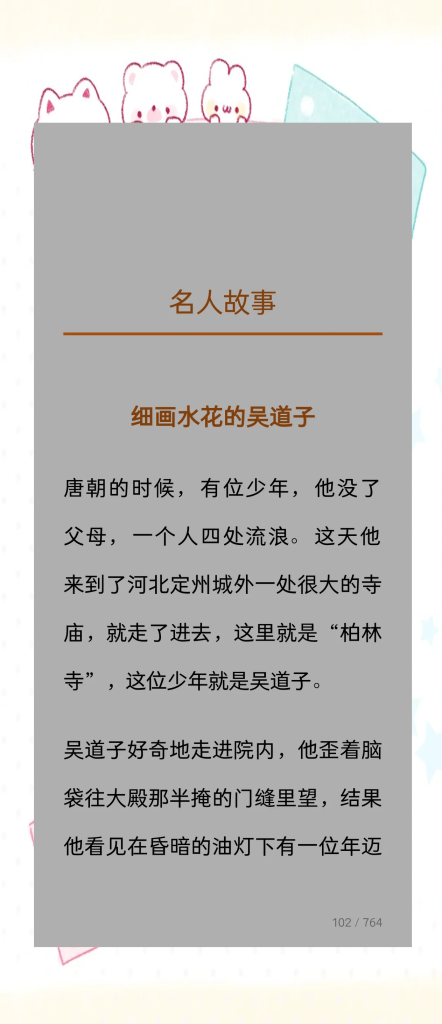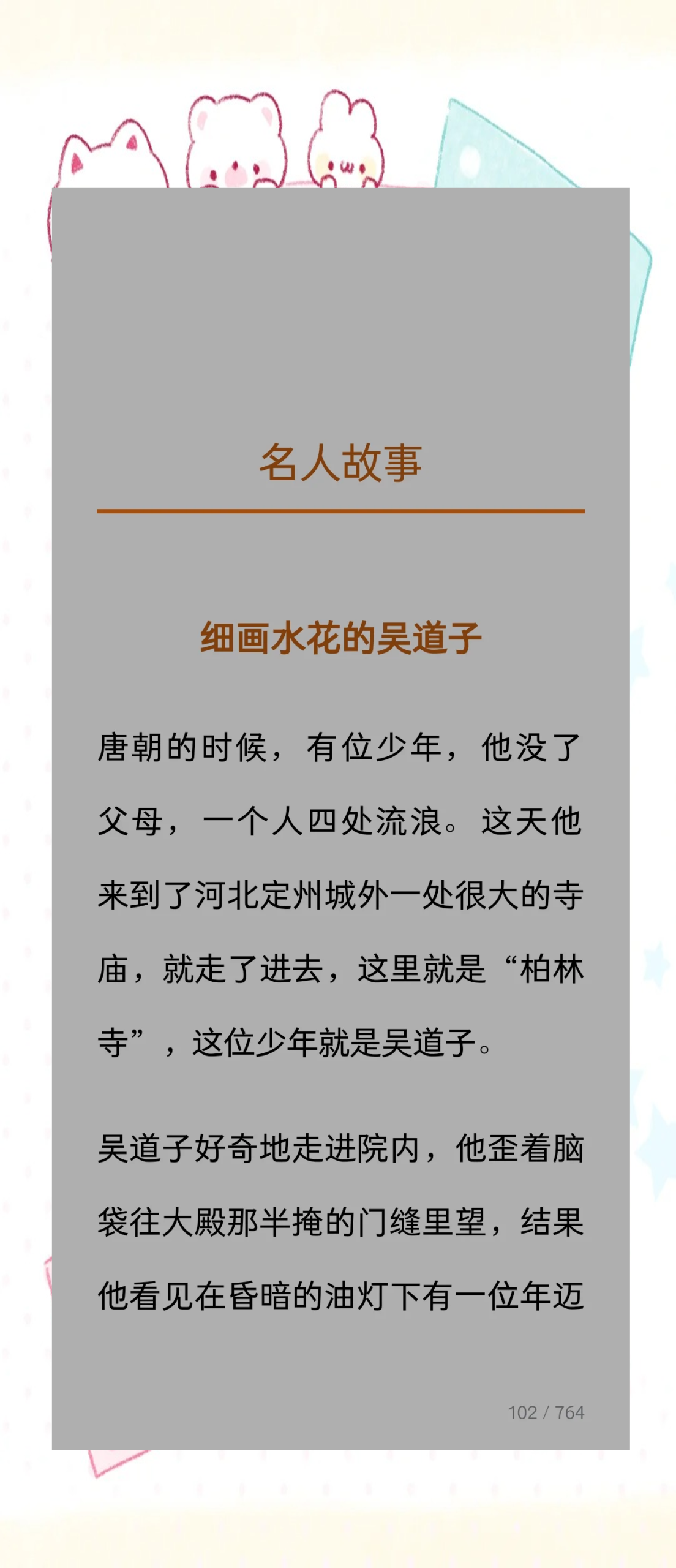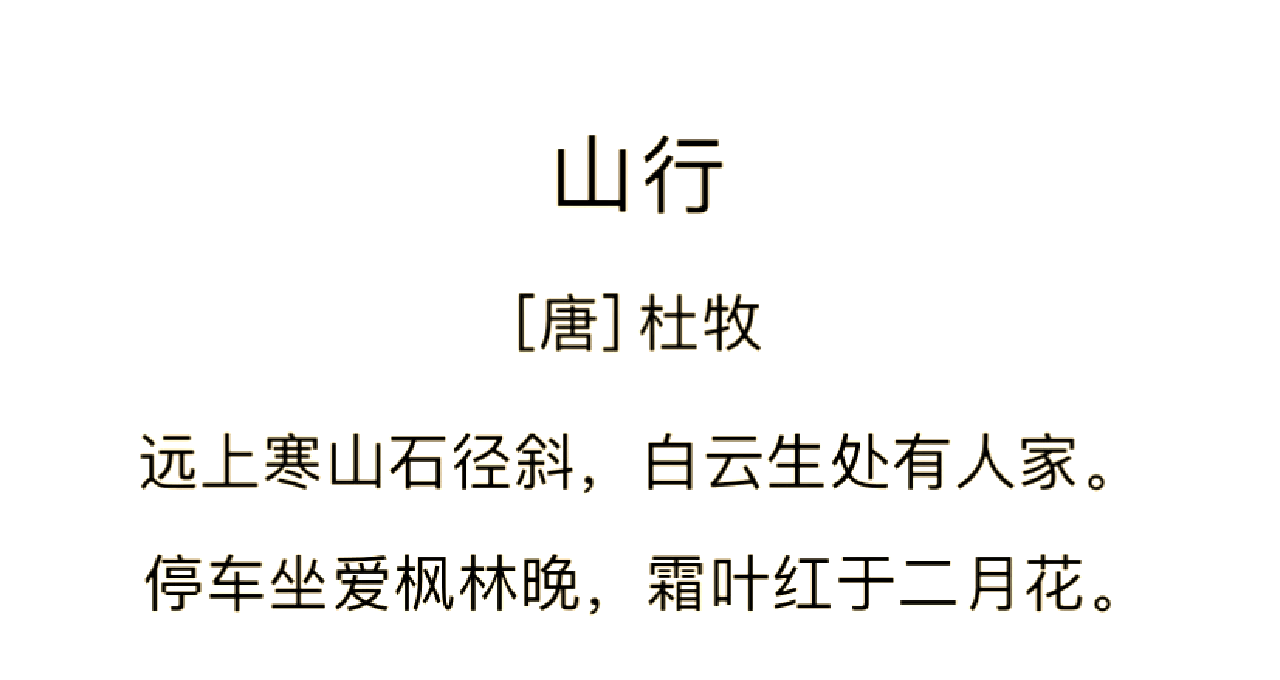Huang Tingjian once listed Yan Jidao’s “four major delusions in his life” in his “Preface to Xiao Shan Ci” – “Being stuck in officialdom without being able to rely solely on the door of a noble person is a delusion; writing a thesis has its own form and refusing to write a new language for becoming a successful candidate is another delusion; spending millions of dollars, having a hungry family, and having the appearance of a child on one’s face is another delusion; a person who has suffered a hundred losses but does not hate them, believing in others and never doubting their deceit, is another delusion”. It seems to be a criticism, but in fact it is a compliment, and more importantly, it highlights the characteristic of Yan Jidao’s personality – obsession, that is, infatuation.

A poem called ‘Xiao Shan Ci’ vividly portrays the poet’s pure emotions and infatuation. The sincere, profound, and persistent expression of emotions has become the most prominent feature of “Xiao Shan Ci”, which is specifically manifested in the following points:
1. The character of pure passion and sharpness, and the characteristic of unwavering infatuation
True and foolish are the personality traits of Yan Jidao, which run through all of his poems. His words are full of sadness and sorrow. Feng Xu said he was the “ancient sad person”, while Huang Tingjian said Yan Jidao’s words were “clear, strong, and capable of shaking people’s hearts”, completely different from the faint sadness and philosophical depth of Da Yan’s poems.

Mr. Lu Xun once bluntly pointed out: “Only those who have the utmost emotions can have the utmost emotions in writing.” Many of the utmost emotions portrayed in “Xiao Shan Ci” are actually true portrayals of Yan Jidao, and in the pure emotions of “Xiao Shan Ci,” there is a factor of “obsession” at play. Whether it’s chasing after the past, writing about the joyful experience of love, or expressing deep feelings of longing for each other, they are all filled with a strong emotion. This emotion is often rendered to a very intense level, almost crazy and even “unreasonable”, to the point where it is called “ghost language”.
2. Lyrical ‘inward turn’ and personalization
When it comes to lyrical lyrics, Yan Jidao has clearly shifted from the individualistic erotic songs of the late Tang and Five Dynasties to poems that express personal emotions. Overall, Yan Jidao’s works of this kind have departed from the nature of acting on stage in the music and dance scene, and are more personal in color, rather than the individualistic and erotic lyrics in “Hua Jian Ji Ji Ji”. This is a bit different. Yan Jidao’s specialized love words have jumped out of other erotic words, shifting their focus inward and towards deeper emotions, not entangled in the erotic events themselves, but emphasizing the emotional resonance and resonance between men and women in love. Efforts are made to explore and express the emotions in the soul, which are the deeper, finer, and more subtle essence of emotions.
3. The language is profound and delicate, and the emotions are full of twists and turns.
Yan Jidao’s words often use heavy language and have strong emotional colors. For example, the use of the word ‘spelling’ is a prominent expression of Yan Jidao’s vocabulary. After a beautiful woman’s departure, the sound of the dust is silent, and it’s hard to lose weight. (Ugly Slave), frustrated and difficult to put together (Wind Blows into Pine), just listen and put together wet sleeves (Washing Creek Sand).
These words and phrases are used to express the uncontrollable emotions, the determination of the protagonist to spare no effort for love, or the extreme difficulty of expressing emotions. This word ‘spelling’ has become a very vivid expression of emotions in ‘Xiao Shan Ci’, and also a portrayal of Yan Jidao’s bitter love complex. The poet’s highly emotional and passionate attitude and mood towards the minister are vividly portrayed in this “collage”. In addition, words with strong emotional connotations such as “chaotic”, “drunk”, “broken”, “annoyed”, and “alum limited” also appear frequently in “Xiao Shan Ci”.
Writing emotions through dreams is an important manifestation of the twists and turns in a poet’s expression of emotions. Yan Jidao can be said to be a master of writing emotions through dreams. The word ‘dream’ can be seen everywhere in the poem ‘Xiao Shan Ci’. According to statistics, 57 out of his word sets have written about dreams, accounting for about a quarter of his total word works. Dreams have become a powerful way for poets to express their emotions. Whether it’s using dreams to reminisce about the past or express the feeling of a dream like life, or using dreams to express feelings of longing and affection for others, or using dreams to fulfill wishes that are difficult to achieve in reality, they are all ways of emotional release under depression.
In summary, Yan Jidao, a pure hearted lyricist known for his ability to express emotions, combined his pure and sharp emotions with his profound, gentle, and melancholic lyrical style to create the pure and captivating artistic charm of “Xiao Shan Ci”.



